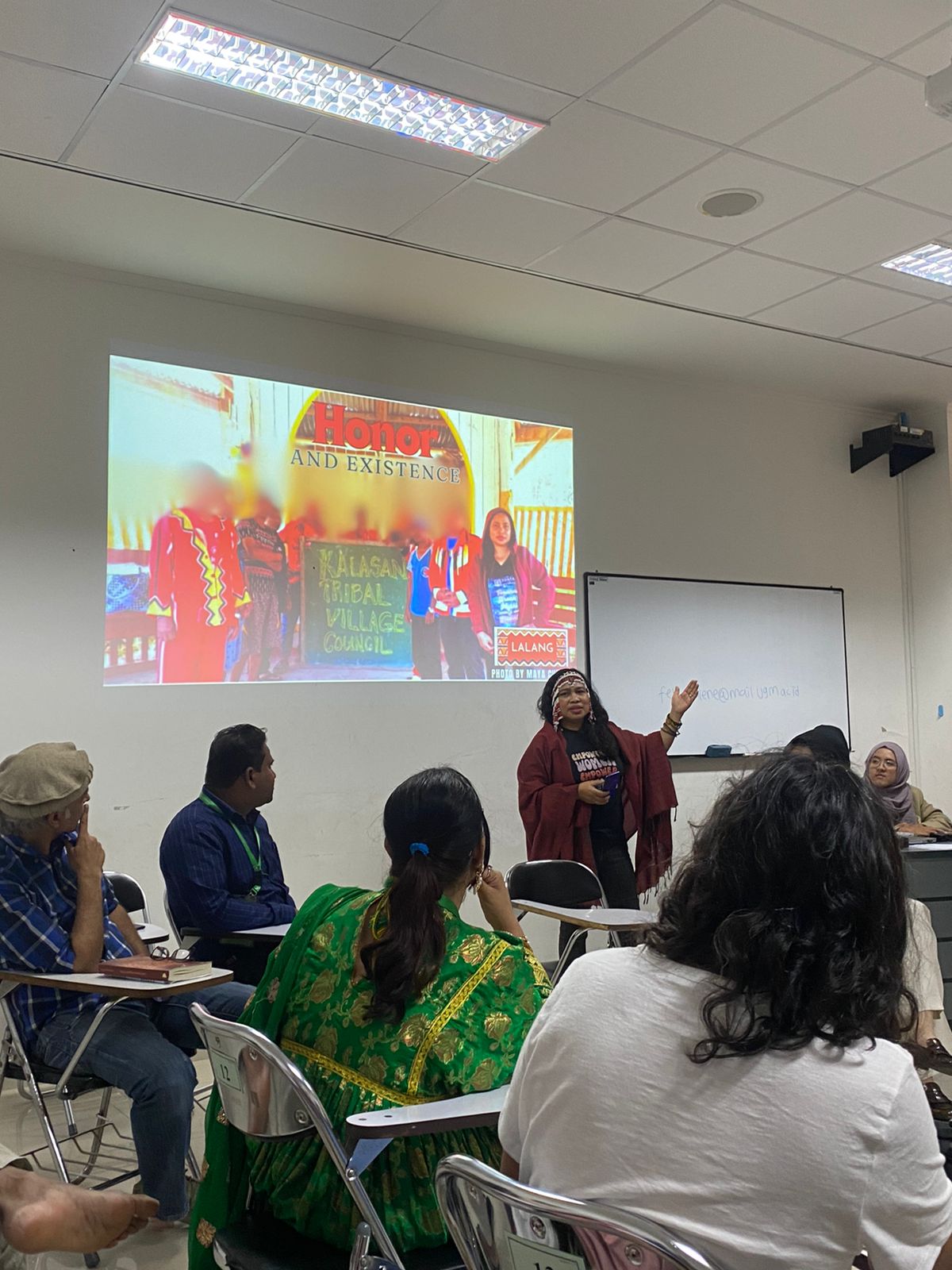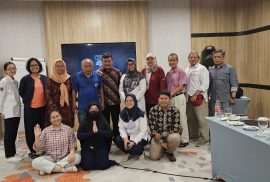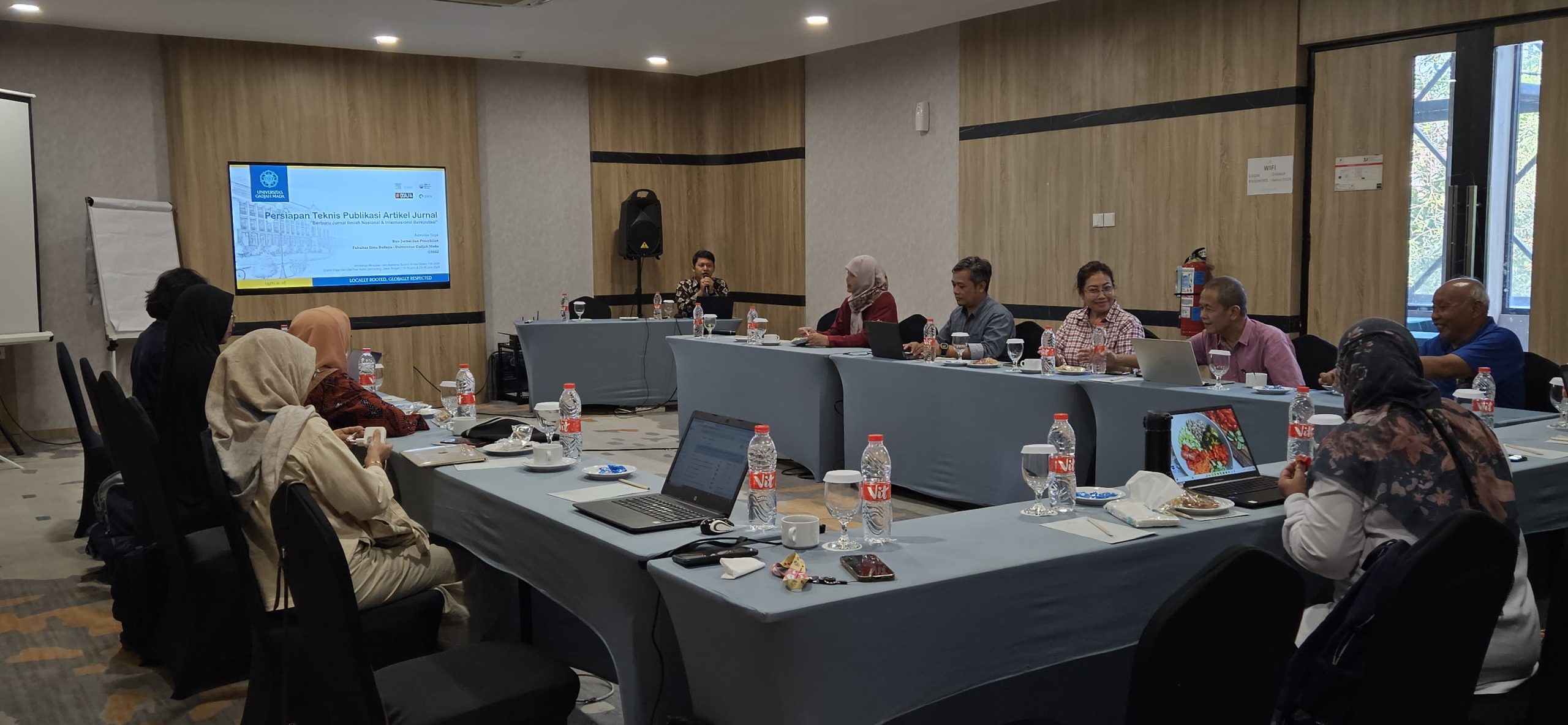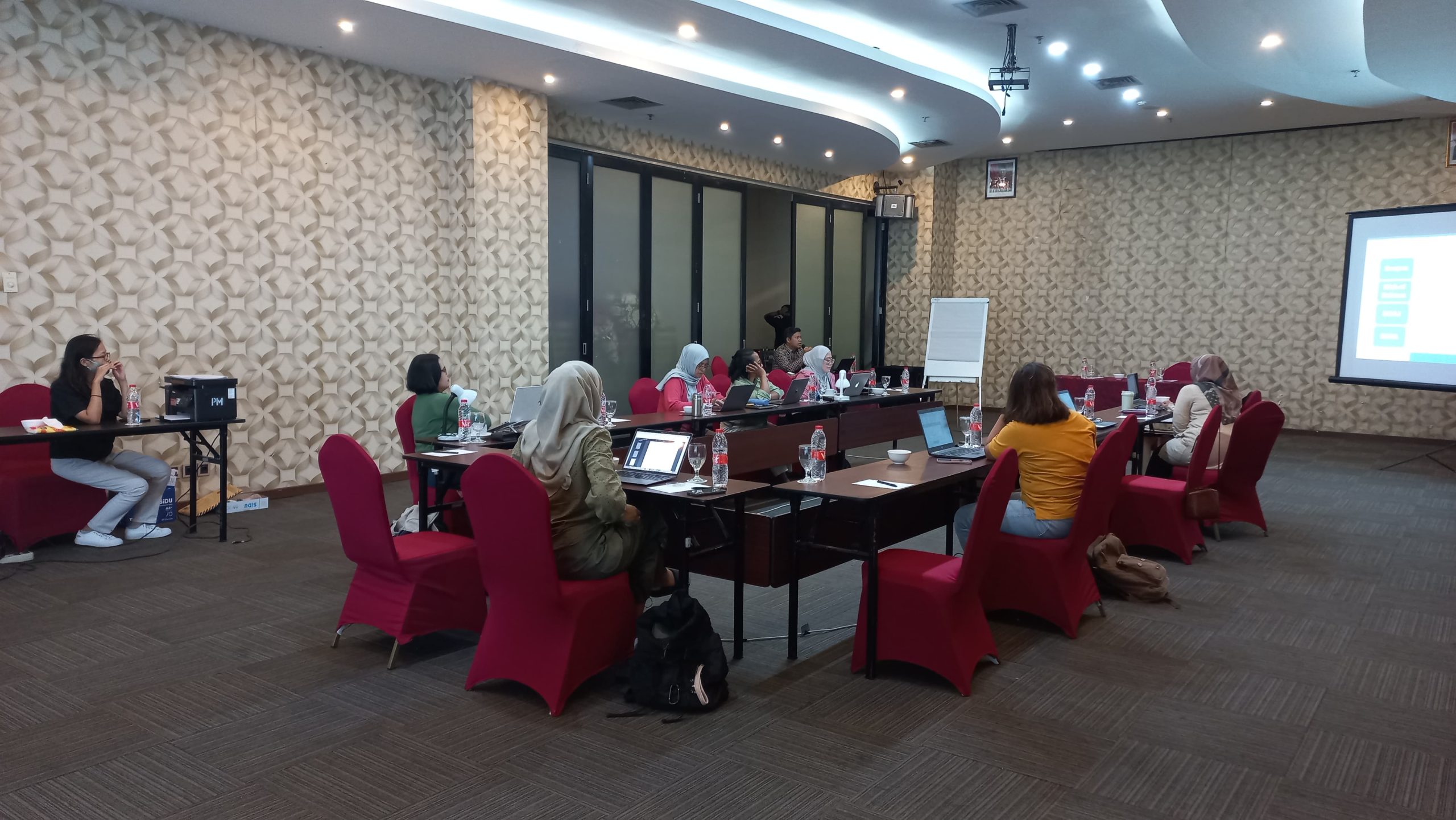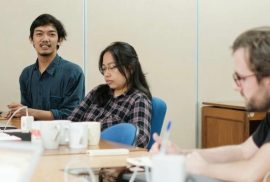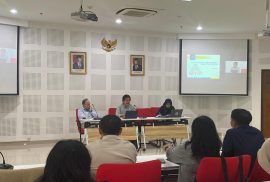FERDEO, S.Sos., is a student of the Master of Anthropology program at Universitas Gadjah Mada, Yogyakarta, since August 2023. He is very committed to growing through his experiences, and is passionate about education. With more than five years of experience as a public speaker, Ferdeo currently serves as a Mental Health Ambassador and Postgraduate Ambassador at his university. In his role as a mental health ambassador, he contributes to creating a campus environment that supports student well-being. In addition, Ferdeo is active in academic and cultural activities at the national and international levels and is a frequent MC and moderator in various faculty and university events.
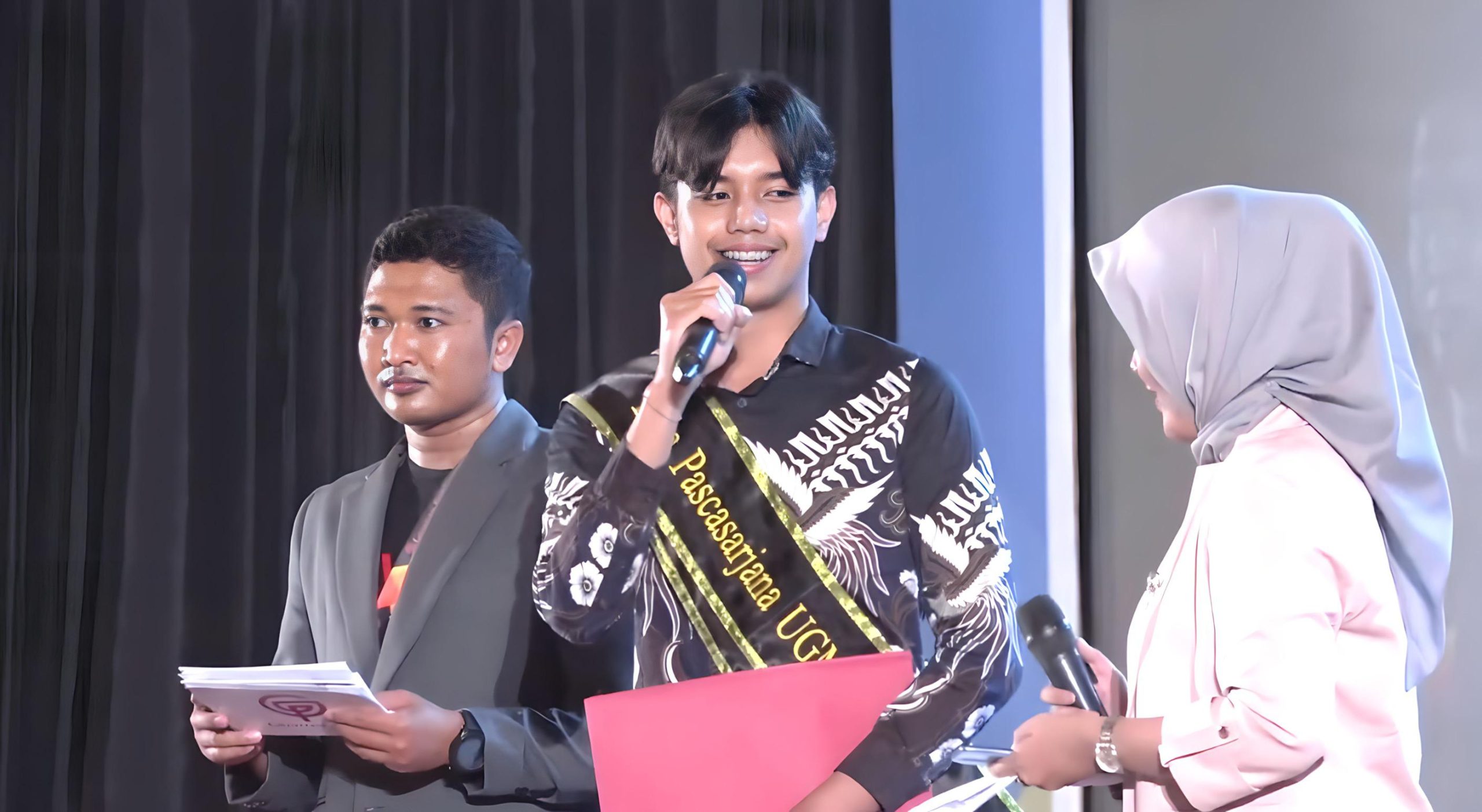
Currently, Ferdeo is also active in various organizations. Since August 2023, Ferdeo has served as a Mental Health Ambassador in the Mental Health Ministry of BEM KM Universitas Gadjah Mada, which focuses on student mental health advocacy through psychological education, research studies, mental health service monitoring, and collaboration with related parties. In his role, Ferdeo initiated and leads the advocacy program “Journey to Joy”, which is open to the general public in Yogyakarta. He is also a frequent speaker and advocate of mental health discussions in the Universitas Gadjah Mada community, faculties, and surrounding high schools. In addition to being honored as Gadjah Mada University’s Mental Health Ambassador, Ferdeo was also selected as Gadjah Mada University’s Postgraduate Ambassador from the Faculty of Cultural Sciences.
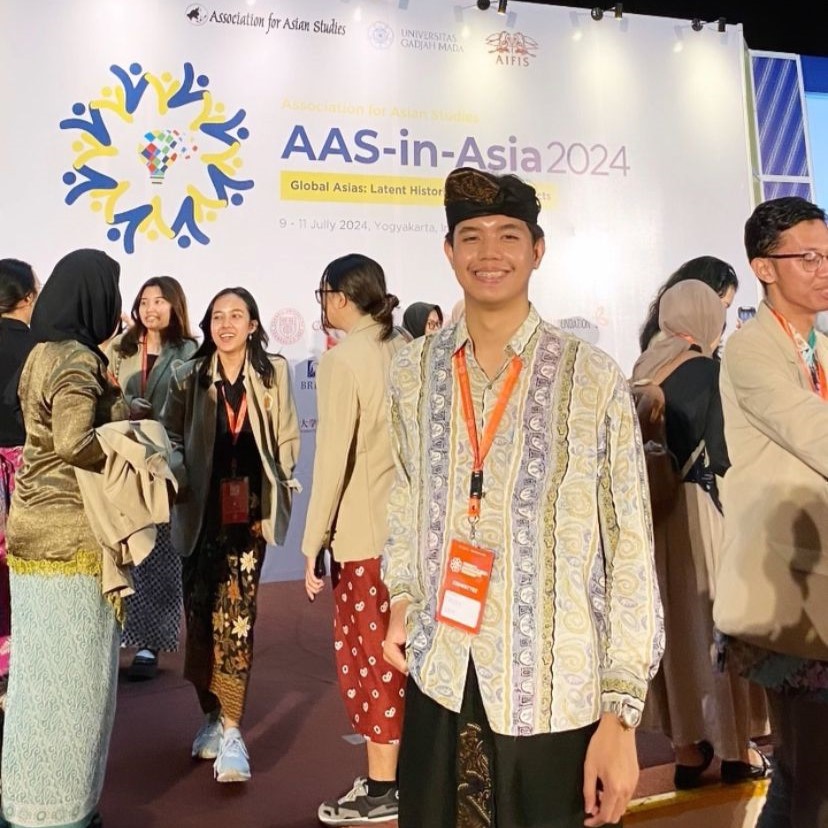
Ferdeo also has a lot of work experience as a freelancer since 2020, where he performed various roles with high professionalism. As a speaker, Ferdeo delivers engaging presentations at events on a variety of topics. As a Master of Ceremony, he organizes events smoothly and elegantly, while his skills as a moderator enable productive discussions and collaborations. In addition, Ferdeo also contributes as a model, adding elegance and credibility to visual representations. With more than five years of experience, he has spoken at many events, ranging from school and university events to regional, national, and international platforms. Since 2021, Ferdeo has also been active as a photography model for various salons and boutiques, as well as appearing as a runway model and usher at various regional events.
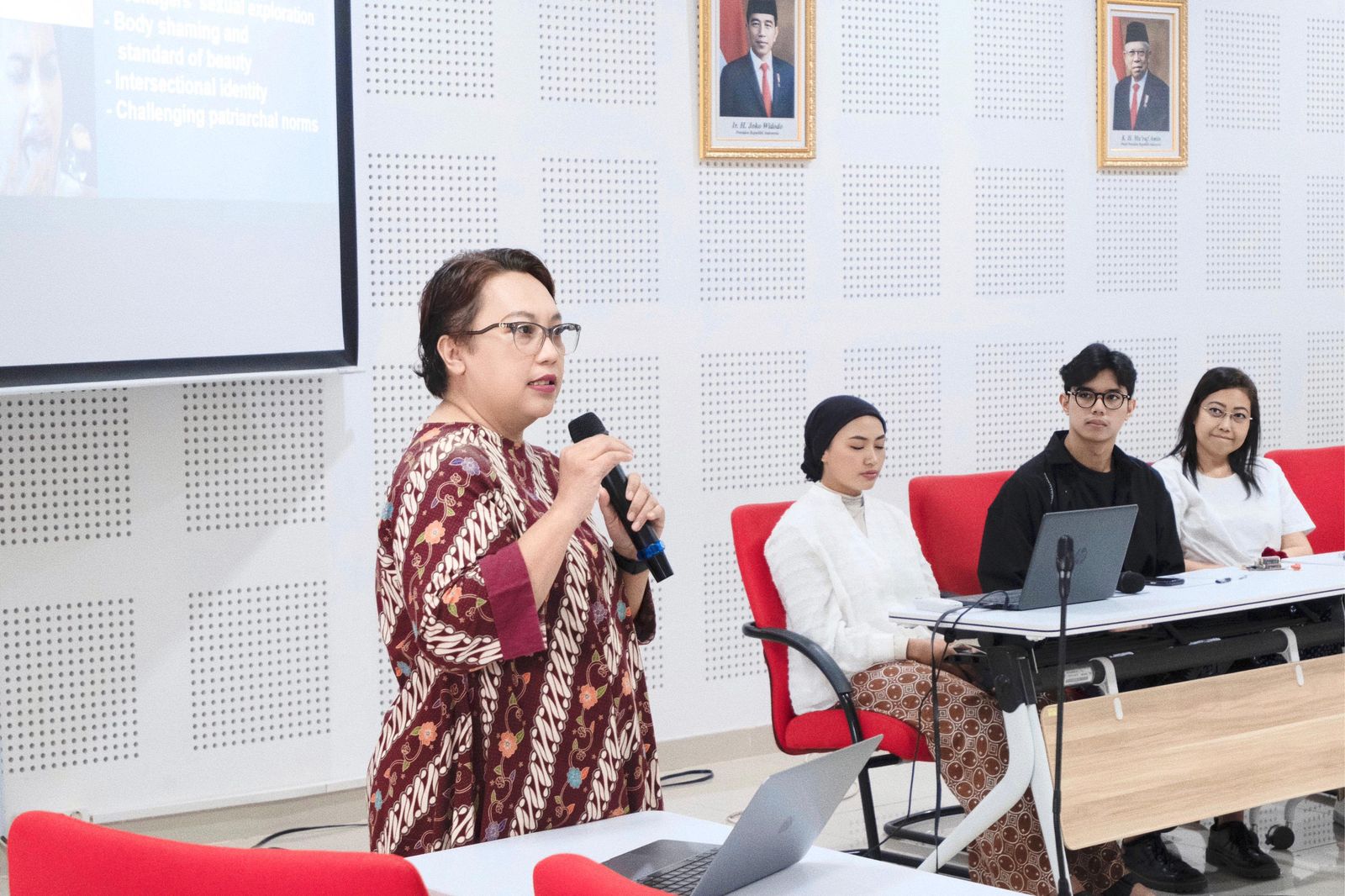
From his many experiences and achievements, it can be seen that he has various skills that support his performance both in work and other activities. Ferdeo is highly skilled in public speaking, interpersonal communication, problem solving, critical thinking, adaptation, time management, and working to achieve targets. He even received an A certificate in public speaking skill development training from the Directorate of Student Affairs (DITMAWA) Unit of Universitas Gadjah Mada. With a combination of strong skills and dedication in various fields, Ferdeo shows outstanding commitment in academic, professional, and organizational roles. His active role as a Mental Health Ambassador, his involvement in national and international events, and his expertise as a speaker, moderator, and model, make him an inspiring and influential figure in his community. Ferdeo continues to strive to advance her field of interest and contribute significantly to the well-being and development of her community.



